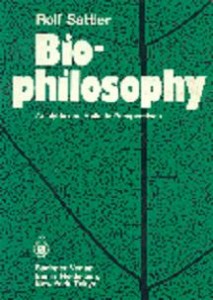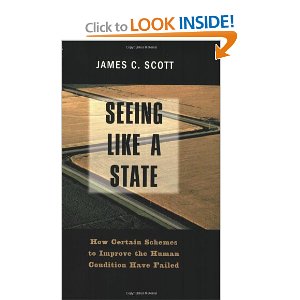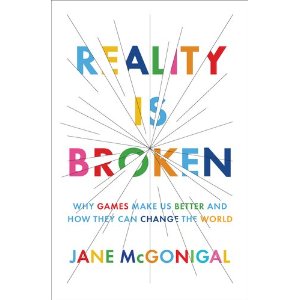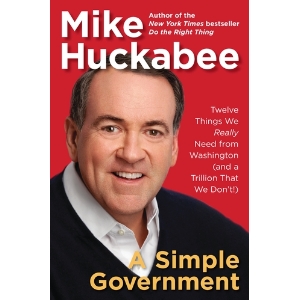
Rolf Sattler
5.0 out of 5 stars The umbrella of things Sattler talk about in this book
February 15, 2001
By m.ivashkou (Eindhoven, Brabant Netherlands) – See all my reviews
In the introduction the complex approach is stressed. When someone is doing a research he should look at the system as a whole one. Some definitions: Biology is the science of life, which in turn requires the definition of science and life. To avoid that the biology is defined as science of living organisms or science of living systems.
1. Theories and hypotheses.
The aim of science. The aim of science is to gain knowledge of the world. Knowledge has many forms. Science concerns only with scientific knowledge, which is expressed in singular and general propositions. Singular proposition is also called facts, whereas general propositions are referred to as hypotheses, models, rules, laws, and theories. Laws are also well-confirmed general propositions, yet they are less comprehensive than theories. Thus any general proposition within the framework of a theory may be called law. There are two kinds of laws: deterministic and probabilistic. Most of the biological laws are probabilistic.
Scientific methodology or how do we gain scientific knowledge.
Continue reading “Review (Guest): Biophilosophy–Analytic and Holistic Perspectives”







